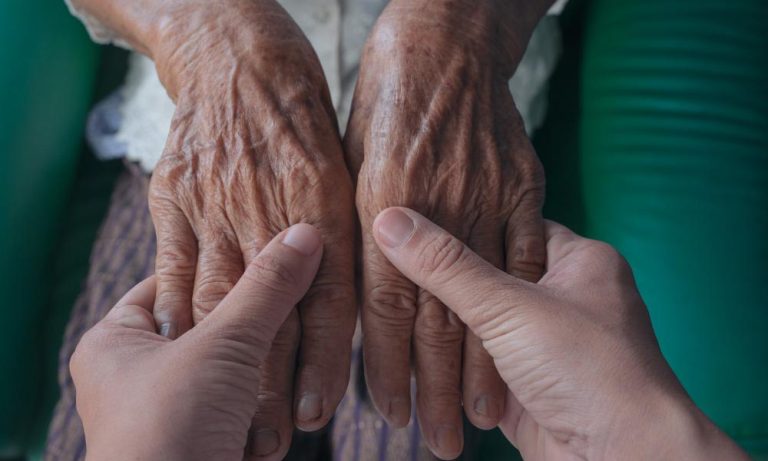Caring for someone living with a rheumatologic condition can be both rewarding and challenging. Rheumatology patients often experience chronic pain, fatigue, and mobility issues that affect their daily lives. For families and caregivers, understanding these complexities is essential to providing effective support and fostering a positive environment. Education plays a vital role in equipping caregivers with the knowledge and tools needed to address physical, emotional, and social needs while maintaining the well-being of both the patient and the caregiver.
Understanding the Needs of Rheumatology Patients
Rheumatology patients encompass a broad group of individuals living with conditions such as rheumatoid arthritis, lupus, ankylosing spondylitis, and other autoimmune or inflammatory disorders. These conditions can impact joints, muscles, and connective tissues, leading to pain, stiffness, and reduced mobility. Symptoms may fluctuate, with periods of flare-ups and remission, making daily life unpredictable.
Families and caregivers who are educated about these conditions are better prepared to recognize early warning signs and respond appropriately. Awareness of symptoms, treatment protocols, and lifestyle adjustments can reduce stress for both the patient and their support network. Understanding the physical limitations of rheumatology patients also encourages patience, empathy, and realistic expectations, fostering a more supportive caregiving environment.
Communication and Emotional Support
Rheumatology patients often face emotional challenges related to chronic illness, including anxiety, depression, and frustration. Families and caregivers who engage in open and empathetic communication can significantly impact a patient’s mental health. Listening actively, validating feelings, and offering reassurance helps patients feel understood and supported.
Educating caregivers about effective communication strategies ensures that discussions are constructive rather than overwhelming. For example, discussing treatment plans, medication schedules, or lifestyle modifications in a calm and supportive manner can reduce confusion and increase adherence. Emotional support also involves recognizing signs of burnout in caregivers themselves. Balancing care responsibilities while attending to personal needs requires awareness and self-care practices to maintain resilience over the long term.
Practical Care Strategies
Providing practical care for rheumatology patients involves a combination of physical assistance, daily living accommodations, and medical coordination. Families and caregivers benefit from training on techniques that minimize strain on both the patient and themselves. This may include safe methods for assisting with mobility, arranging the home to reduce fall risks, or implementing adaptive devices that support independence.
Medication management is another critical component of care. Many rheumatology patients rely on complex treatment regimens, including disease-modifying drugs, anti-inflammatories, or biologic therapies. Educated caregivers can help organize medications, monitor side effects, and communicate with healthcare providers when adjustments are necessary. Proper management enhances treatment effectiveness and reduces the likelihood of complications.
In addition to physical care, caregivers play an important role in promoting lifestyle choices that support disease management. Encouraging gentle exercise, balanced nutrition, and stress-reduction activities contributes to overall well-being. Families who are educated on these aspects can integrate practical strategies into daily routines, helping rheumatology patients maintain function and quality of life.
Building a Supportive Network
Caregiving for rheumatology patients can be demanding, but families do not have to face these responsibilities alone. Education includes understanding available resources, such as support groups, counseling services, and community programs. These networks provide emotional encouragement, practical advice, and opportunities for shared experiences with others in similar situations.
Healthcare professionals also play a critical role in caregiver education. Rheumatologists, nurses, and patient educators offer guidance on disease management, treatment options, and coping strategies. Families who engage with these professionals gain insights that improve caregiving effectiveness and enhance patient outcomes. Accessing reputable information sources and attending workshops or seminars can further strengthen knowledge and confidence in supporting rheumatology patients.
Ultimately, educating families and caregivers about the needs, challenges, and resources available for rheumatology patients fosters a compassionate and informed environment. Well-prepared caregivers are able to provide physical assistance, emotional support, and guidance on lifestyle modifications while maintaining their own well-being. This holistic approach ensures that rheumatology patients receive the care necessary to thrive and that caregivers feel empowered in their roles.

